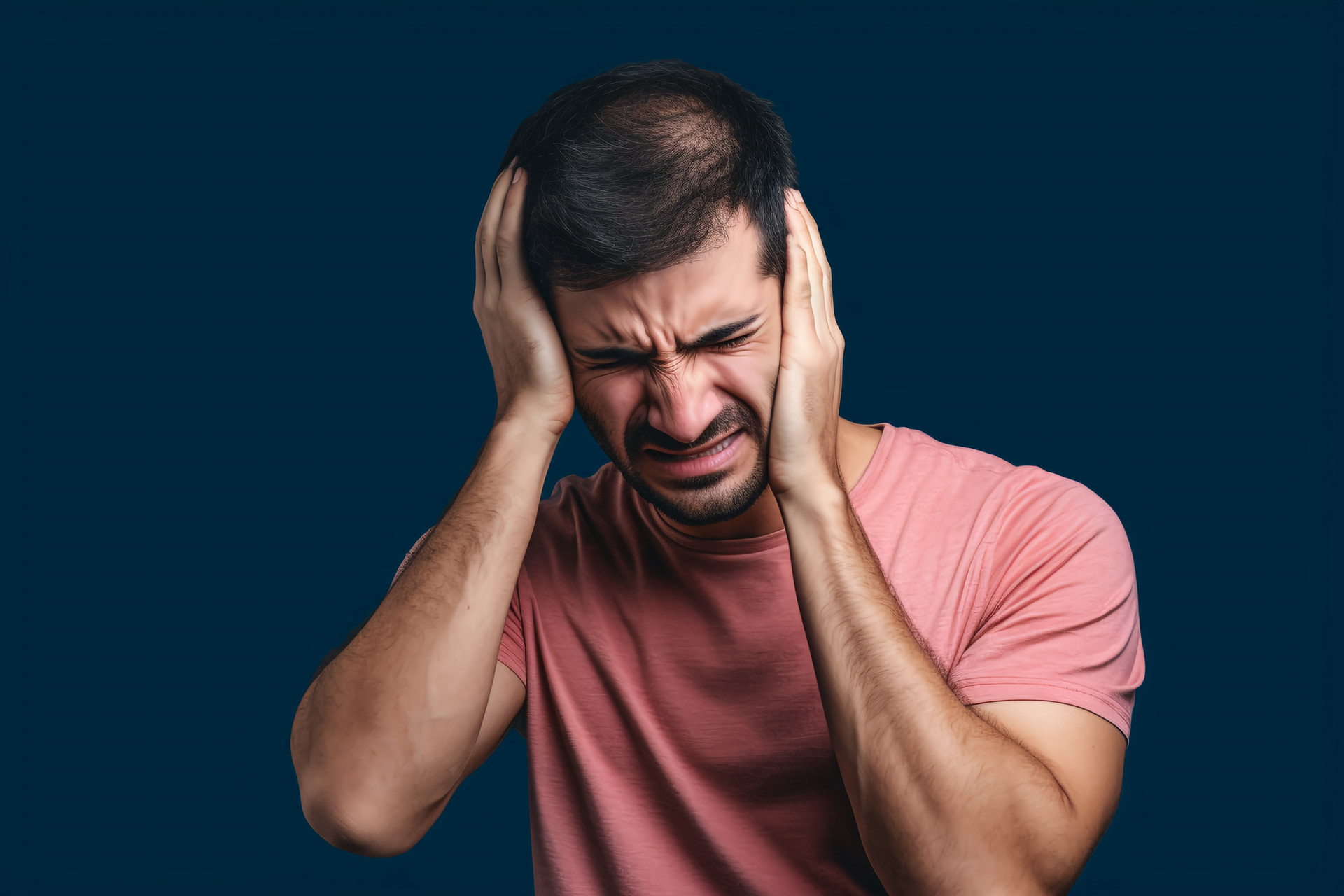Acne is a common skin problem that affects many men and women. It is easy for acne to form but difficult to get rid of, and even after clearing up the acne, there may still be acne scars to deal with. Acne is caused by excessive sebum production and clogged pores. Does acne occur during puberty?
Does acne occur during puberty?
Yes, acne can occur during puberty, but it varies from person to person. Some people have good skin and pay great attention to their diet and sleep, which may prevent them from getting acne. However, in general, acne during puberty is a common skin condition.
Is it normal to have acne during puberty?
Yes, it is normal. Acne occurs when there is an increase in androgen hormone levels during puberty, leading to excessive development and secretion of sebaceous glands. This is a normal phenomenon. By adjusting diet, mentality, and maintaining clean skin, acne can be effectively improved.
What are the main causes of acne during puberty?
1. During puberty, the ovaries and adrenal glands become active, resulting in a rapid increase in androgen hormones. This leads to excessive development and secretion of sebaceous glands, causing the accumulation of thick and excessive sebum in hair follicles. Combined with the shedding of epithelial cells around the hair follicles, acne is formed.
2. Poor digestion, constipation, irregular daily routines, and excessive consumption of high-fat, spicy, or sweet foods can stimulate the body's endocrine system, leading to excessive sebum secretion and acne formation.
3. During puberty, teenagers may start using cosmetics. Using inappropriate or low-quality skincare products can irritate the facial skin and cause acne.
How to manage acne during puberty?
1. Maintain a regular lifestyle, go to bed and wake up early. It is important to enter deep sleep before 11 pm as the skin undergoes self-detoxification from 11 pm to 2 am. Adequate sleep ensures faster skin metabolism and acne elimination.
2. Proper facial cleansing can effectively suppress excessive oil production. Use acne-fighting products and wash your face with warm water. Make sure to thoroughly clean your face.
3. Avoid squeezing pimples. Squeezing pimples can damage the hair follicle tissue and lead to the formation of acne scars. It is difficult to remove acne scars, so it is important not to squeeze pimples.
4. Pay attention to diet. Eat more fruits and vegetables, and drink enough water. Avoid consuming high-calorie, high-fat, and spicy foods.












